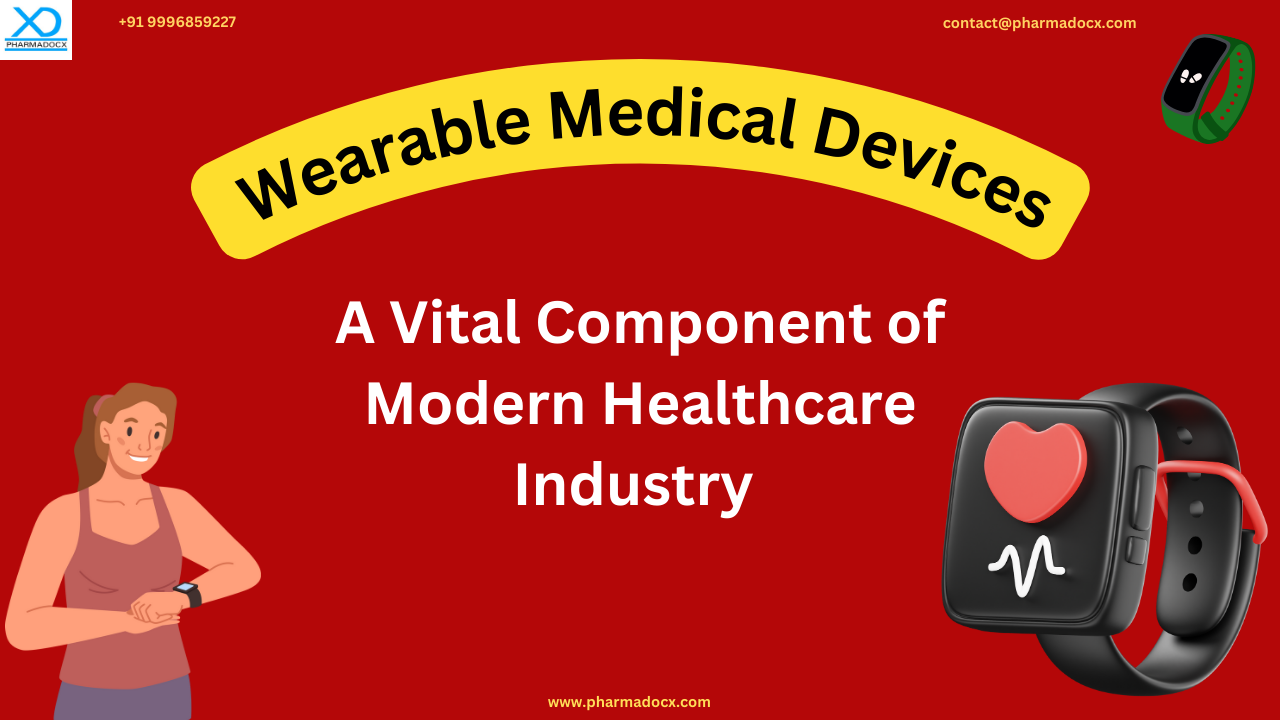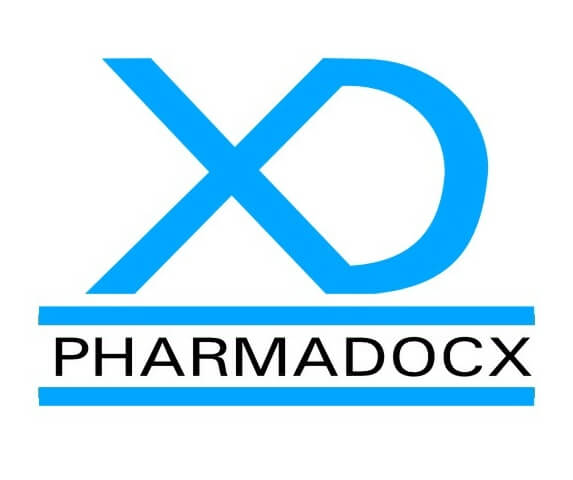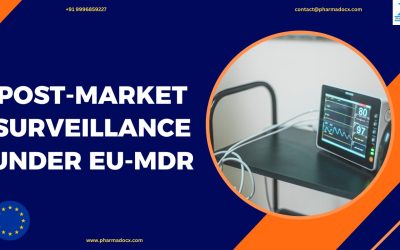Globally and in India, the wearable medical device market is rapidly growing. Increasing health and fitness awareness, high chronic disease prevalence, and emphasis on preventive healthcare are driving this market. Furthermore, the government is trying to formulate friendly and supportive regulatory policies for these wearable technologies. Wearable medical devices are used proactively to monitor fitness levels and overall well-being. Notably, with rise in prevalence of lifestyle-related issues, these devices are having increasingly important roles in the healthcare market. Furthermore, innovation in healthcare and fitness measuring sector is driving the demand for improved and advanced wearable devices. Notably, these powerful tools can monitor and improve our health in unimaginable ways. Hence, they are having a significant impact on the modern healthcare industry. In this blog, we will delve into the wearable device segment of the medical device industry.
What are wearable medical devices?
Wearable medical devices are compact devices equipped with sensors to track vital signs. They can estimate blood pressure, body temperature, and heart rate. They are used for monitoring personal health, wellness tracking, and disease management. Additionally, these devices are used to monitor physical activity as well as sleep patterns and other relevant metrics. These devices are designed to be worn on the body as accessories or clothing. Basically, wearable devices are used to monitor and collect various health-related data. Moreover, they can provide warnings regarding impending health risks, such as respiration problems or increased blood pressure etc. Thus, they offer valuable insights into user health status in real-time. Fitness devices, heartrate monitoring devices, vision correction devices, and vital sign monitoring devices are some examples of wearable medical devices.
The devices can be classified according to the following categories:
- Product: neuro-monitoring devices, wearable vital sign monitors, glucose monitoring, respiratory therapy, wearable fatal monitors, obstetric devices, pain management, etc.
- Application: remote patient monitoring, home healthcare, sports-specific devices etc.
- Type of device: wristbands, watches, smart patches etc.
The wearable medical device industry is dynamic and evolving. Continuous innovation and advancement have led to the emergence of new and improved devices. These devices are getting advanced, sophisticated, and offering personalized solutions. With advancement in technology, new categories of wearable devices are constantly emerging. These new categories will pose as unique opportunities for medical device companies. Wrist bands and smart watches are some of the existing categories of wearable devices. Some of the emerging categories include smart patch, ECG patch, and smart shoes. These emerging categories harnessing wearable technologies in unique ways are gaining traction.
4 common applications of wearable medical devices in the healthcare industry
- Fitness and wellness: With increasing health and fitness awareness, wellness and fitness trackers are becoming highly popular. Fitness and wellness segment is one of wearable medical devices’ most important applications in the healthcare industry. They are used to mostly track physical activities and monitor sleep patterns. These devices can be used to set goals, stay active, and make informed decisions about personal well-being. Basically, wellness and fitness trackers provide personalized feedback to promote a healthy lifestyle.
- Rehabilitation and physical therapy: Wearable devices are used by therapists to tailor treatment plans and enhance patient outcomes. They are used to monitor and analyse movements, provide real-time feedback, and track treatment progress. Hence, these devices have a vital role in rehabilitation and physical therapy field.
- Remote patient monitoring: Preventive healthcare and health condition monitoring are important for timely intervention, especially for individuals with chronic conditions. Remote patient monitoring has a pivotal role in early detection of abnormalities. Wearable devices lie at the core of remote patient monitoring. They can be used to remotely monitor patients’ vital signs, such as blood pressure, heart rate, and oxygen saturation.
- Chronic disease management: Wearable devices collect valuable health data that can be used to optimize treatment plans for chronic disease patients. Additionally, they can be used to monitor vitals and track medication adherence. Furthermore, these devices can alert individuals and caregivers in case of emergencies. Hence, these devices have a vital role in chronic disease management.
Factors boosting the Indian wearable medical devices market
We have listed some of the factors driving the growth of the wearable healthcare device market.
- Technological advancements in the wearable device sector: There has been considerable advancement in the wearable devices industry. These technologically advanced and sophisticated devices can be used to personalize healthcare. Improved sensors, long battery life, and advanced technology are driving the demand for these devices. Furthermore, features, such as accurate blood pressure, ECG, and SPO2 measurement, are making these devices useful for continuous health monitoring. Thus, consumers are understanding the increased utility of these devices in their healthcare regime.
- Rising prevalence of chronic diseases in India: India is witnessing an increasing incidence of chronic diseases, such as diabetes, cardiovascular diseases, etc. These chronic diseases require continuous monitoring and management. Wearable devices have a vital role in continuous monitoring of chronic disease. Hence, rise in incidence of chronic diseases is driving the growth of the Indian wearable medical device market.
- Increasing health and fitness awareness: The Indian population is becoming increasingly health and fitness conscious. Furthermore, post the COVID-19 pandemic, Indians have become increasingly aware of their health. Thus, wearables that can monitor physical activity, track health metrics, and provide personalized insights are in high demand.
- Government schemes and initiatives: The Indian government is trying to boost the Indian medical devices industry. New government schemes and policies, such as the PLI scheme and the National Medical Devices Policy, are driving the growth of the Indian medical devices sector. Furthermore, the government is trying to formulate business-friendly regulatory policies for medical devices, especially wearable ones. Moreover, they are trying to simplify the regulatory and license application process to help medical device companies.
Therefore, these factors are driving the Indian wearable medical device market. Hence, medical device manufacturers should try to tap into the potential of this industry.
Advantages and disadvantages of using wearable medical devices for healthcare
Advantages
- These devices are convenient to wear and usually do not restrict patients from performing their daily activities.
- They can be used to monitor various diseases and health conditions.
- They are user-friendly and easy to use.
- Wearable devices can be used to detect diseases at an early stage.
- Wearable healthcare devices monitor medical data in real time.
Disadvantages
- Wearable medical devices cannot be blindly trusted. You still need to get an expert opinion.
- These devices need to be further tested for efficacy by healthcare practitioners.
- Further technological improvement is required to make wearable devices solely reliable for monitoring patient health.
- These devices are expensive. Hence, they are not affordable and accessible to all.
Future of wearable medical devices
We have discussed the potential of wearable devices and the role they play in the modern healthcare industry. They are instrumental for continuous and real-time patient monitoring. However, several challenges are associated with these devices. Accuracy, reliability, and data privacy and security are the major challenges. Furthermore, compliance with regulatory requirements and safety and efficacy of these devices have to meet the industry benchmark. Moreover, the capabilities of these wearables have to be further improved in order to integrate them into comprehensive healthcare systems. Additionally, the cost of wearable devices has to be reduced to make them affordable to all.
Hence, further research and development is required to make these devices reliable and safe as well reduce their overall costs. The wearable healthcare device sector is witnessing continuous advancement and improvement. Devices are becoming sophisticated with improved accuracy and expanded functionalities. Thus, the future of wearable medical devices is promising. Furthermore, the integration of wearables with telemedicine will enhance care coordination and facilitate effective remote healthcare delivery. Thus, wearable devices will revolutionize the healthcare industry.
Pharmadocx Consultants: Your trusted regulatory partner
Are you planning to start a wearable medical devices business in India? Do you need a CDSCO medical device license? Well, you have landed in the right place. Our team of experts will help you have a seamless regulatory journey. Drop an email at [email protected] or call/Whatsapp on 9996859227 to let us help you.





